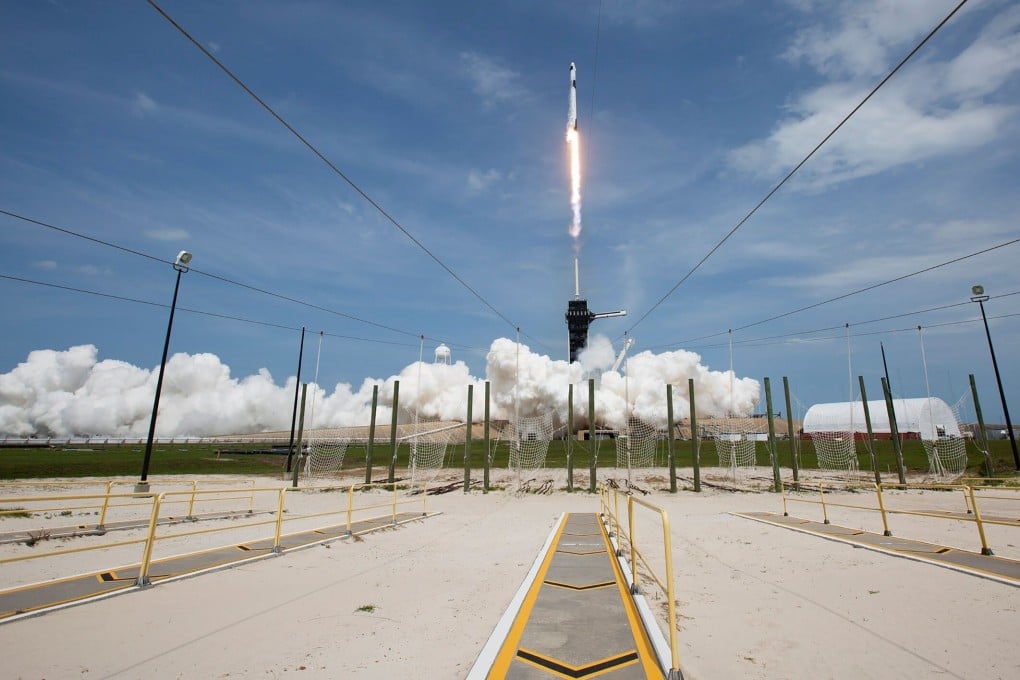Advertisement
The US’ new plan to take on adversaries in space
- The White House says it’s determined to protect its national interests beyond Earth, using space for the security of America and its allies
- New policy does not spell out who the opponents might be
Reading Time:2 minutes
Why you can trust SCMP

Liu Zhenin Beijing
The United States aims to deter its adversaries in space with a new plan to advance its national security interests in the strategic domain.
In a national space policy released on Wednesday, the White House said that in this “resurgent era of space exploration”, it would expand US leadership, and extend activity into deep space such as establishing a permanent presence on the moon and launching human missions to Mars.
The policy also pledged to expand international cooperation and create a safe, stable, secure, and sustainable environment, but only with allies and partners.
Advertisement
“The United States will continue to use space for the security of the nation and our allies,” the policy said.
“Should any adversary threaten to endanger the benefits we all derive from space, the United States will employ all elements of national power to deter and, if necessary, prevail over hostile activities in, from, and through space.”

02:12
Chang'e 5 returning to China with lunar rock samples
Chang'e 5 returning to China with lunar rock samples
The release of the document comes in almost the final month of Donald Trump’s presidency and does not name any adversaries.
Advertisement
Select Voice
Choose your listening speed
Get through articles 2x faster
1.25x
250 WPM
Slow
Average
Fast
1.25x